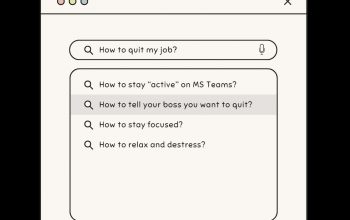Téana Graziani MANAGING EDITOR
Image: HUFFINGTONPOST.CA
Starting on April 1, Ontario will no longer offer free prescriptions to children and young adults under the age of 25 who have private health insurance. The change is a result of leader of the Premier Doug Ford’s campaign promise to cut costs that would not affect the quantity or efficiency of jobs or services. Those under 25 who are not covered by private benefits will still be able to receive their qualified prescriptions for free, while those who have private health insurance will have their bills sent directly to their insurers. OHIP+, enacted by Ford’s predecessor offered free prescription medication for Ontarians under the age of 25.
This change could actually be beneficial, as most Ontarians who have private healthcare have access to all of the 4,400 drugs covered by OHIP+, plus a few thousand more. The policy change ultimately helps focus benefits on people who do not have private health insurance, saving the province, and taxpayers money. This change effectively fills in the gaps to provide public coverage for those who do not have private coverage, making it possible for all Canadians to benefit from quality healthcare.
So how exactly will this affect students? Well, not all, but most students are under the age of 25, and if they are covered by private insurance, it is most likely that of their parents. By forcing youth to claim coverage under private insurance before seeking OHIP+ compensation, parents are given powers of surveillance over their children and their medical decisions, even if they are legally capable of making them on their own. When under the health insurance of parents, students under 25 need ‘permission’ from their parents to make an insurance claim. Allow me to explain; parents hold the information to make a claim – things such as contract and certificate numbers. Additionally, manual claim forms require a parent’s signature. These factors make it difficult to obtain coverage without directly asking parents. Not only that, but all claims would be visible in the claims history, informing the parents of the medications prescribed to their child. To put it simply, those under 25 who are covered under their parents’ private health insurance will no longer benefit from medical privacy with regards to prescription drugs.
Why is this an issue for students? Many youth have no issues with disclosing the medication that they are taking with their parents. But it is a little more complicated than that. The issue is that parents could use this newfound power of surveillance to retain control over their children. You might think, “What medications would a parent want to deny their children, especially if it is in the best interest of their health?” It must be taken into account that the medications most likely to cause tensions are birth control, hormone replacement therapy for transgender individuals, and treatments for sexually transmitted infections (STIs).
So now, you can see how the policy change has the potential to set back reproductive rights, trans rights, and sexual health by eroding medical privacy for those under of the age of 25. Trans individuals will have no choice but to be outed to their parents when receiving the necessary treatment for their transition. People with STIs might delay getting the medical care they need out of fear of their parents’ reactions, possibly resulting in additional health complications. And those who use birth control as a method to avoid pregnancy may see their own personal control over their bodies assumed by their parents.
While the new healthcare policy installed by the provincial government may do some good, it also has the potential to do some bad and affect the lives of all residents of Ontario, many of them students.




